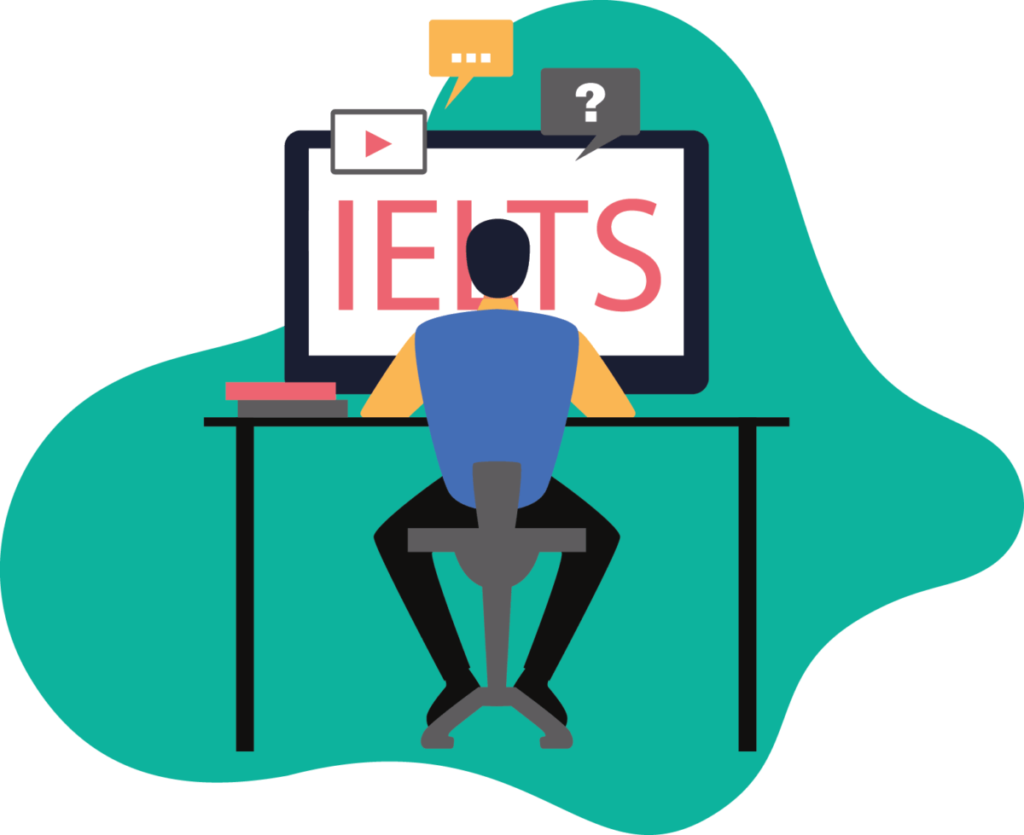SCO 87, First Floor, New Leela Bhawan, Opposite Dominos, Patiala (PB)
Menu

Menu
SCO 87, First Floor, New Leela Bhawan, Opposite Dominos, Patiala (PB)


The IELTS test helps to check English language proficiency all over the world. This test is helpful for those who want to pursue their studies or career internationally. Test takers for IELTS take the Listening, Reading, Writing and speaking sections. IELTS test is conducted by the University of Cambridge with the collaboration of IDP.
There are two types of IELTS test:
There are four recordings in the listening test and 40 questions in the test which includes MCQs, Match the following, Maps, Diagrams, Charts, Table, Flow-charts, Summary and Short answers. Each correct answer obtains 1 mark.


Academic Test: There are three sections containing 40 questions which include MCQ’s, Fill-ups, Short questions, True/False and Not Given, Headings and others. The sources of the articles are general magazines and newspapers.
General Training Test: it contains 5 sections and 40 questions. The question types are same as the Academic test but the sources are social survival, general factual information like advertisement and time table, job description, contracts and development and training material.
There are two tasks in both Academic and general training test in which task 1 are different for both the sections but task two is same.
Academic Test: Task1 (20 minutes)
This contains charts, pie charts, diagrams, maps, process charts and others. Word limit of this task is 150.
General Training Test: Task 1 (20 minutes)
Candidates are required to write either of three types of letters; formal, informal, or semiformal. Word limit of this task is 150
Academic/ general task 2: (40 minutes)
Students are given an essay to express their proficiency in English. The topics are related to day to day life. The word limit is 250.


Face to face interaction with the examiner. The interview is conducted in 3 parts.
Part 1- General introduction
Part 2- Cue card 3 minutes (2 minutes for speaking + 1 minute for preparation)
Part 3- Follow up/ discussion questions.


We are an Australian registered Mara agent, expertise in all types of visa in Australia / Canada/ UK/ Europe/ Newzealand/USA